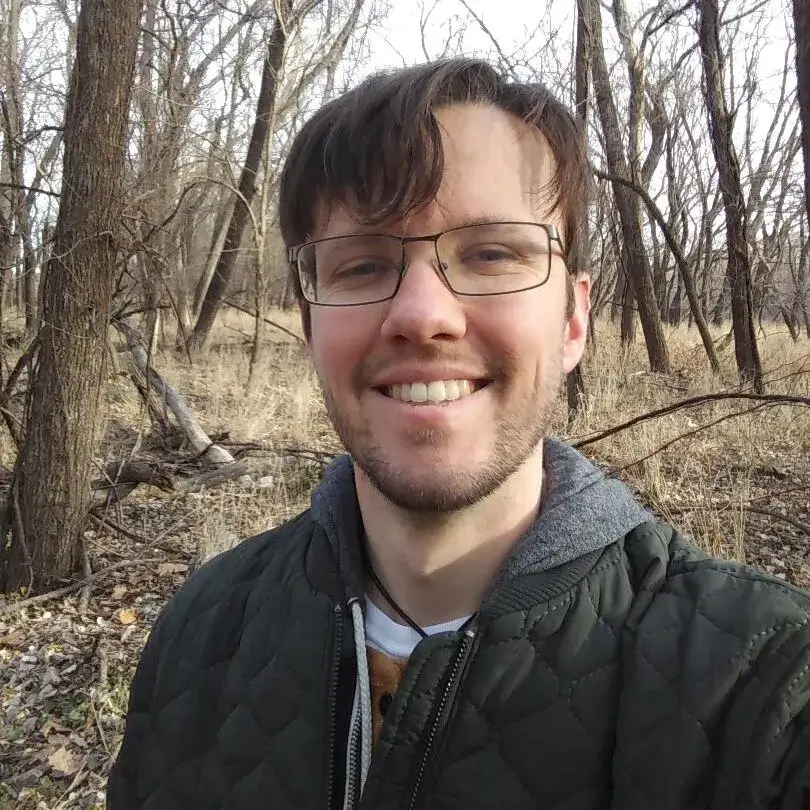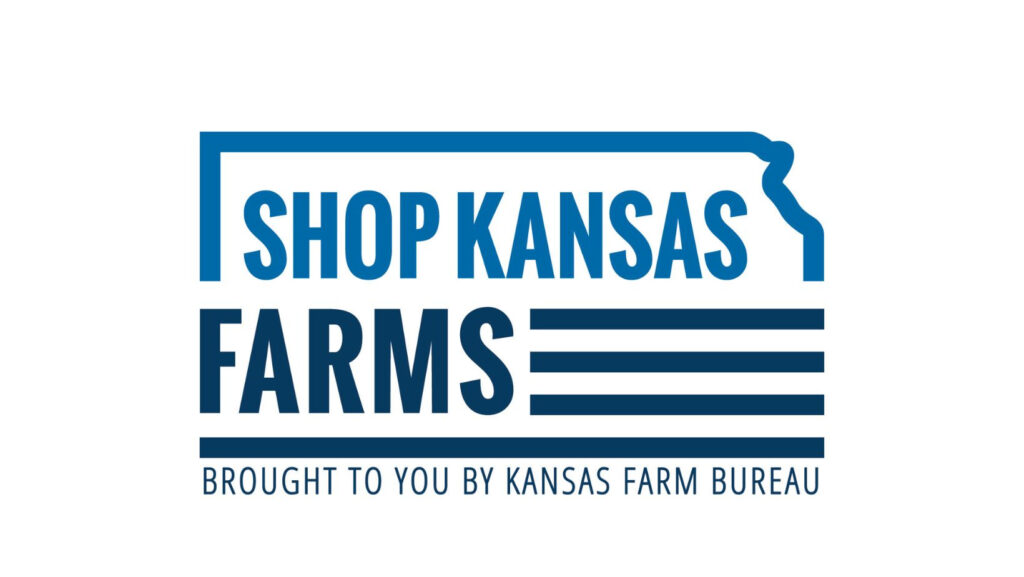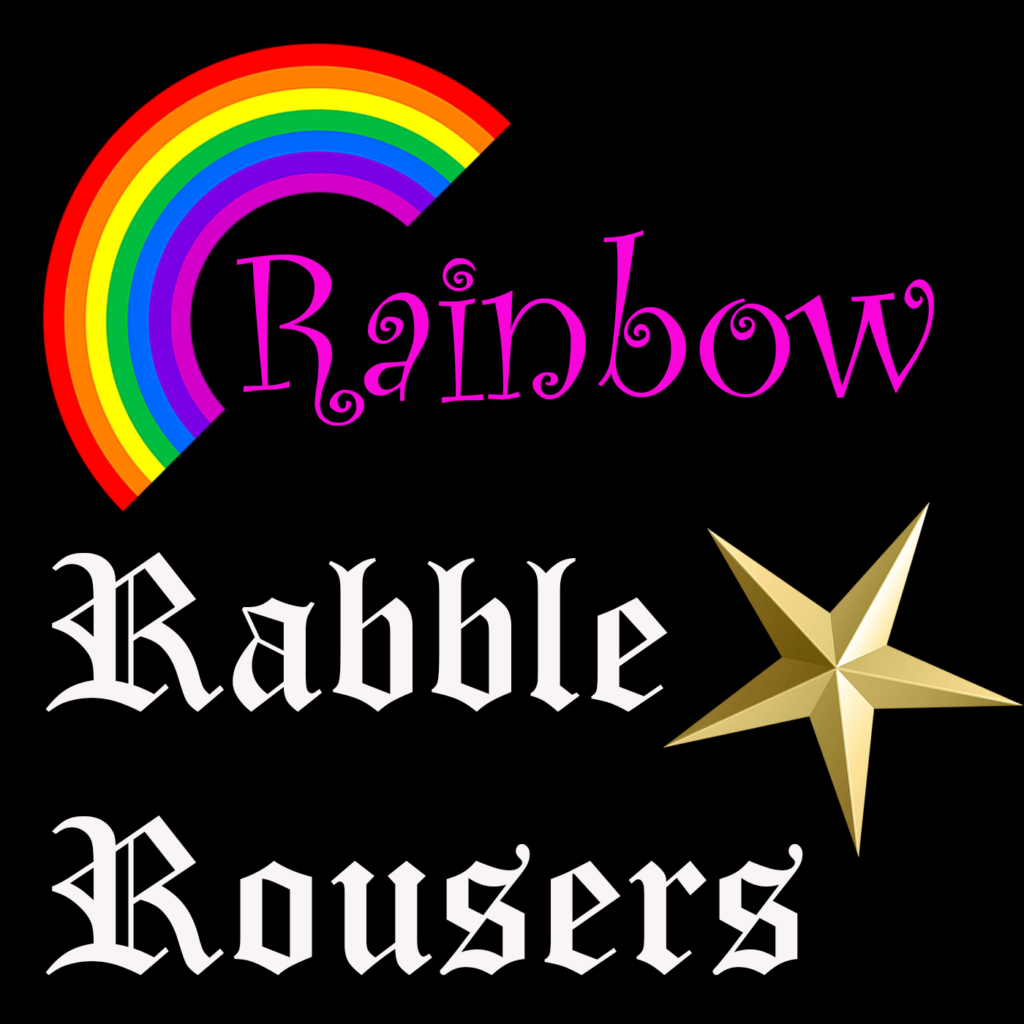Shop Kansas Farms helps consumers connect with, buy from local Kansas farmers
Created out of fear and continued out of love, Shop Kansas Farms started off as a Facebook group back on April 28, 2020 during the COVID-19 pandemic by Rick McNary. Having worked in the international hunger space for years, McNary began writing about farmers for communicator for Kansas Farm Bureau (KFB) Meagan Cramer, believing that in order to fight hunger, he needed to understand the two percent of people who grow everyone’s food.
“Initially it started because the grocery store shelves were empty,” McNary told The Kansas Constitutional. “I had been writing about farmers for Meagan (Cramer) and KFB for a few years so I knew there were farmers who actually sold directly to consumers.”
Aware of farmers and ranchers who had food to sell and having family and friends needing to buy food, McNary thought to connect them through a new Facebook group. That Facebook group, Shop Kansas Farms, would garner around 400 members in just a few hours and to about 5,000 by the next day. The group now has over 160,000 members and growing.
“He (McNary) had reached out and said, ‘What if we did something to help connect all of the farmers and ranchers to the consumers looking for stuff,’” Cramer said. “We were like, ‘Well, there’s the ‘From the Land of Kansas’ so there’s already something out there.’ But once you know Rick, that wasn’t working as fast as it should, so he was like, ‘I’m going to create my own thing,’ and so he did.”
Watching the group grow quickly, Cramer soon reached out to McNary to help, becoming an admin and founding member.
“We were doing hundreds of posts a day at the very beginning,” Cramer said. “That’s all we were doing all day long is looking at posts, making sure they were trying to follow the rules as best they could, and we were creating the rules as we went. This was obviously nothing we had ever done before.”
After a couple of years, the McNarys went to the KFB in 2022, asking the organization to purchase Shop Kansas Farms to help foster its growth and impact.
“We had almost two and a half years under our belt, and realized it had as much capacity—more than what I could handle,” McNary explained. “We had provided the platforms for continued growth but it needed more resources and people and intelligence. It just needed more than I could provide.”
McNary also said Shop Kansas Farms was a “gift” and “almost a miracle” and that he wanted to make sure it wasn’t going to end just because the pandemic did.
“Ultimately, it helped the farmers who sell directly to consumers find a market,” McNary said. “…And it helped more consumers find these farmers that they can buy directly from, and helped the farmers find the consumers. Again, it’s always about making that connection.”
KFB did purchase Shop Kansas Farms on the condition that McNary agreed to stay on as a consultant for the next five years, and with the addition of the new website, people from places like Denver and Chicago are now shopping on the site.
Originally, McNary had begun creating a website four months in, but it was through the help of KFB that the new website was created, allowing people to find beef, eggs, and other produce in their area more efficiently. On the old website there were over 1,300 farms. The new one currently has over 250 and growing.
“When we built the new one—it’s a totally different system, so we are really starting from scratch on the farmer piece, but that’s okay because we’re making people answer a few more questions, and we’re checking some backend things,” Cramer said. “I think eventually we will get back to where Rick was before, but we’re at about 250 right now.”
On top of Shop Kansas Farms, McNary created what is called the ‘Market of Farms.’
“It’s different from a farmer’s market because these people come from all over the state and they bring all sorts of stuff,” Cramer explained. “Obviously beef, pork, honey—honey is a very popular thing on the map.”
Held in Lyons, Kansas, the first market had 1,400 people come through to shop the 42 vendors. On April 29 of this year, the second market was held, though with a smaller turnout to which Cramer said was probably due to the fact that the first one happened right as we were getting out of the COVID-19 pandemic and people were excited to have something to do. However, she said the people that did show were going out to their cars to put away their newly purchased produce and returning because they’re bags had gotten too full and they weren’t done shopping.
“People were there to buy from our vendors and it was just so cool to see our vendors sell out of things,” Cramer added.
The next Market of Farms is being planned for September 30, 2023, in Caldwell, Kansas.
“Our food system is broken down into production, processing, and distribution,” McNary explained. “During the pandemic, the processing and distribution—the legs of that were interrupted. That’s why the store shelves were empty. So, our global supply chain is wonderful…. But there’s need and an interest for local systems that involve all three of those elements.”
When it comes to what they are looking at doing moving forward, McNary said he started out with Lyons where they’ve built a concept called, ‘Build a Local Community to Food.’ Through this concept, they are looking to “galvanize the community” with two important parts—economic development and food processing. Through economic development they are helping farmers and ranchers expand their revenue streams and also start new ones. He further explained that when it comes to processing, a lot of times you can grow things like tomatoes, but don’t have access to a commercial kitchen to create a killer salsa. Having a commercial kitchen allows people to create that added value product, giving them the ability to tap into a niche they otherwise couldn’t.
Now, a nonprofit called ‘The Harvest Hub’ has been created through the use of a $143,000 USDA (United States Department of Agriculture) grant to build out the system they’ve developed. This system will help grow businesses, benefitting both the individual farmer, as well as help the community to have access to local food.
Thanks for reading. Be sure to share and subscribe. You can also help support independent journalism in Kansas by buying me a coffee at buymeacoffee.com/kscon.

Ian Brannan
Ian Brannan is an independent journalist who founded The Kansas Constitutional in April 2022. His work focuses on issues including abortion, Convention of States, drug policy, education, government, LGBT issues, media, and more. He is also the co-host of the Rainbow Rabble-Rousers podcast.


